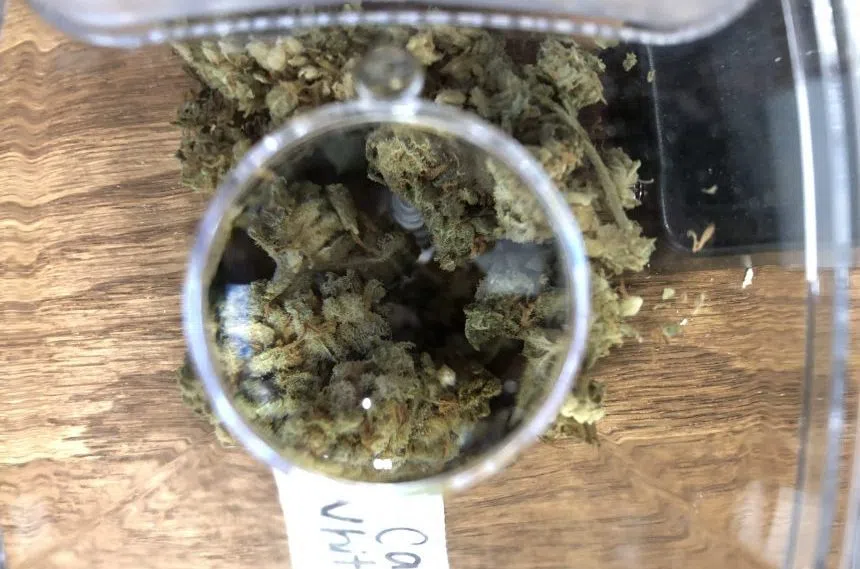
SLGA critic says more pot supply needed to curb black market
Now that marijuana is legal, the product needs to be made available, says the opposition critic of the Saskatchewan Liquor and Gaming Authority.
Nicole Sarauer said the few stores open in the province are not enough to curb the black market.
“We already know that probably isn’t going to be enough to meet the demand in Saskatchewan so then all of those people will turn to the black market,” Sarauer said.
Six marijuana stores were open on the first day of legalization Oct. 17, of 51 locations with permits.

